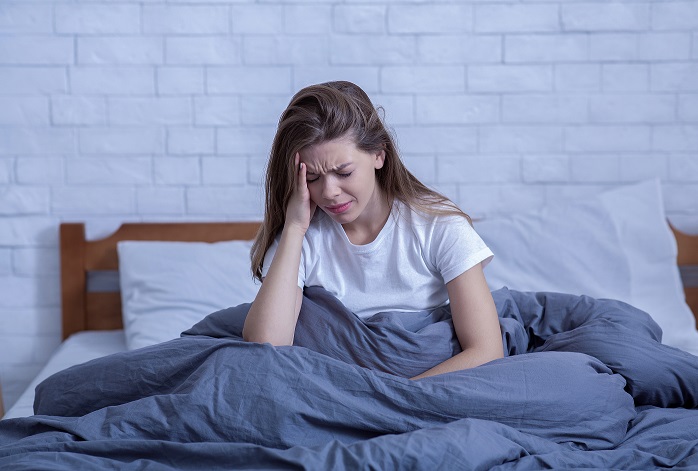 A latest research supplied by the American Psychological Affiliation reveals that lack of sleep does extra than simply make us really feel drained—it impacts our feelings and psychological well-being. The analysis, which synthesized data from over 50 years of research on sleep deprivation and temper, highlights the numerous influence of sleep loss on our emotional well being.
A latest research supplied by the American Psychological Affiliation reveals that lack of sleep does extra than simply make us really feel drained—it impacts our feelings and psychological well-being. The analysis, which synthesized data from over 50 years of research on sleep deprivation and temper, highlights the numerous influence of sleep loss on our emotional well being.
Dr. Cara Palmer, the lead writer of the research from Montana State College, emphasizes the significance of understanding how sleep loss influences our feelings in a society the place many individuals are sleep-deprived.
The research, printed within the journal Psychological Bulletin, is probably the most complete evaluation of sleep and emotion analysis to this point.
The research’s group, which included co-lead investigator Dr. Joanne Bower from East Anglia College, analyzed data from 154 research performed over 5 a long time, encompassing a participant pool of 5,715 people.
In these research, members’ sleep was intentionally disrupted for a number of nights. Some members had been stored awake for prolonged durations, others had much less sleep than ordinary, and a few had been periodically woke up through the night time. Every research measured emotion-related variables, akin to self-reported temper, response to emotional stimuli, and signs of melancholy and nervousness.
The outcomes confirmed that prolonged durations of wakefulness, shorter sleep durations, and nighttime awakenings had a constant influence. These components contributed to a decline in constructive feelings, akin to pleasure and happiness. Concurrently, there was an observable rise in nervousness signs, together with an accelerated coronary heart charge and elevated worrying. Even transient episodes of sleep deprivation, akin to staying awake for an hour or two past the common bedtime, resulted within the famous results.
Whereas the research recognized smaller and fewer constant results on signs of melancholy, unhappiness, fear, and stress, it emphasised the necessity for additional analysis. The research primarily included younger adults with a median age of 23, and the researchers counsel exploring how sleep deprivation impacts folks of various ages for a extra complete understanding.
The analysis additionally highlights the societal implications of sleep deprivation, as greater than 30 p.c of adults and as much as 90 p.c of teenagers reportedly don’t get sufficient sleep. The analysis emphasizes the significance for sectors and industries vulnerable to sleep deprivation, like pilots, first responders, and truck drivers, to implement insurance policies prioritizing sleep. These insurance policies ought to purpose to guard in opposition to potential dangers to daytime efficiency and total well being.

